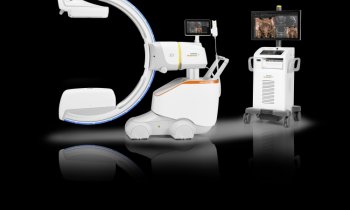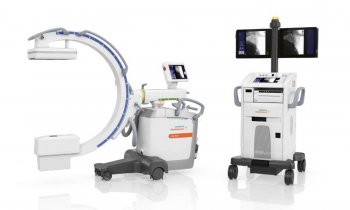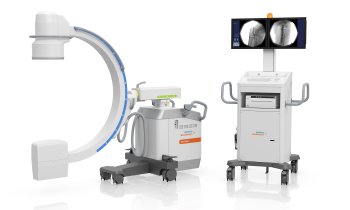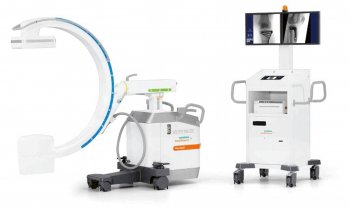Surgery
Sedatives for patients receiving general anesthesia questioned
Although sedatives are often administered before surgery, a randomized trial finds that among patients undergoing elective surgery under general anesthesia, receiving the sedative lorazepam before surgery, compared with placebo or no premedication, did not improve the self-reported patient experience the day after surgery, but was associated with longer time till removal off a breathing tube (extubation) and a lower rate of early cognitive recovery.
Patients scheduled for surgery may experience considerable stress and anxiety. Benzodiazepine (a class of sedatives) premedication is frequently used to reduce anxiety but also causes amnesia, drowsiness, and cognitive impairment. Treating anxiety is not necessarily associated with a better perioperative (before and after surgery) experience for the patient. More needs to be known about the efficacy of preoperative anxiety treatment to better counsel patients to make informed decisions, according to background information in the article.
Axel Maurice-Szamburski, M.D., of the Hôpital de la Timone Adulte, Marseille, France, and colleagues randomly assigned 1,062 adult patients (younger than 70 years of age) who had been scheduled for various elective surgeries under general anesthesia at 5 French teaching hospitals to receive either 2.5 mg of lorazepam (approximately two hours before being transferred to the operating room), placebo, or no premedication. The perioperative patient experience was assessed 24 hours after surgery with a questionnaire.
The researchers found that premedication with lorazepam did not improve a measure of overall patient satisfaction compared with no premedication or placebo. Of the most anxious patients, no significant differences were found for overall patient satisfaction between the groups.
The time to extubation was significantly longer in the lorazepam group (17 minutes) than in the no premedication (12 minutes) and placebo (13 minutes) groups. Forty minutes after the end of anesthesia, the rate of patients scoring as recovered regarding cognition was significantly lower in the lorazepam group (51 percent) than in the no premedication group (71 percent) and the placebo group (64 percent). On postoperative day 1, the number of patients with amnesia during the perioperative period was higher in the lorazepam group than in the other groups.
"Compared with placebo, lorazepam did reduce patient anxiety upon arrival to the operating room. Because there was no overall benefit from preoperative anxiety treatment, it is possible that anxiety arising upon arrival to the operating room does not influence overall patient satisfaction," the authors write.
"The findings suggest a lack of benefit with routine use of lorazepam as sedative pre-medication in patients undergoing general anesthesia."
Source: Press release Hôpital de la Timone Adulte (France)
05.03.2015










